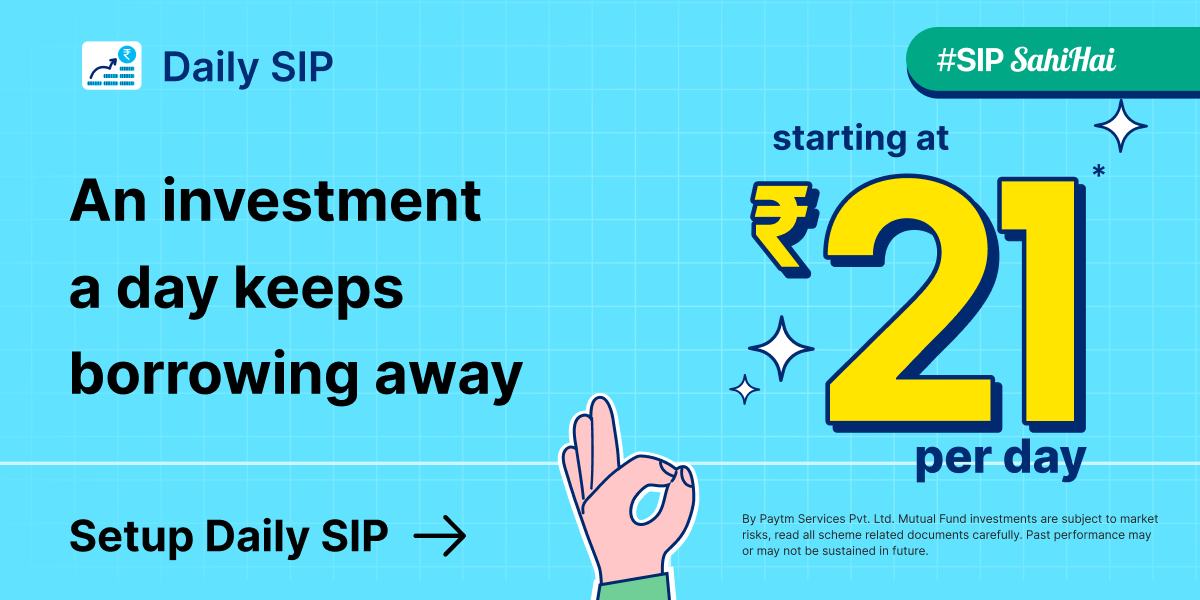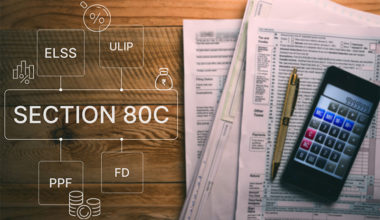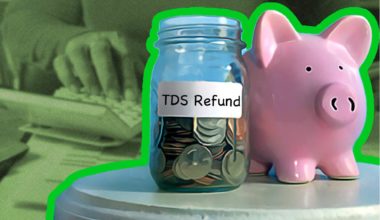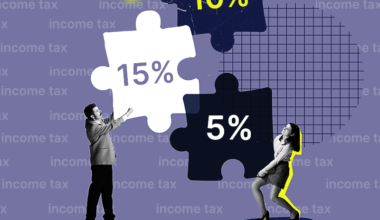Tax laws are constantly evolving, and it is crucial for individuals and businesses to stay updated with the latest changes. In recent years, the Indian tax system has witnessed a significant transformation, aiming to simplify the tax structure and enhance compliance. One of the key aspects of this reform is the introduction of a new tax regime, which has brought about notable changes in allowable deductions.
In this blog post, we will delve into the intricacies of the new tax regime in India and shed light on deductions that have become a thing of the past
Deductions Not Allowed Under the New Income Tax Regime
Deductions under Sections 80C, 80CCC, 80CCD, and 80JJAA
Under the previous tax regime, taxpayers could claim deductions for various investments and expenses, such as life insurance premiums, employee provident fund (EPF) contributions, National Pension Scheme (NPS) contributions, tuition fees, and more. However, these deductions are no longer allowed under the new tax regime.
Deductions under Section 80D, 80DD, and 80DDB
Previously, taxpayers could claim deductions for medical insurance premiums, expenses related to disabled dependents, and medical treatment for specified diseases. Unfortunately, these deductions are no longer applicable under the new regime.
Interest incurred on home loan (Section 24b)
Under the previous regime, taxpayers could claim deductions on the interest paid towards home loans. However, this deduction is no longer allowed in the new tax regime, impacting individuals who have taken home loans.
Leave Travel Concession (LTC)
Earlier, individuals could claim deductions for expenses incurred on domestic travel as part of the LTC, which is not permitted under the new tax regime.
House Rent Allowance (HRA)
HRA, which provided tax relief for individuals who rented homes, is no longer eligible for deduction under the new tax regime.
Allowance for Income of Minor
The allowance for income earned by minors, which was previously deductible, is no longer applicable under the new regime.
Standard Deduction
The standard deduction, a fixed amount that was allowed as a deduction from salary income, is no longer available under the new tax regime.
Deduction for Entertainment Allowance
Previously, salaried individuals could claim deductions for entertainment allowances received. However, this deduction is no longer valid in the new tax regime.
Special Economic Zone (SEZ) Unit Exemption
Taxpayers who derived income from Special Economic Zones (SEZs) were previously eligible for exemptions. However, these exemptions are no longer allowed under the new regime.
Deductions under Sections 32AD, 33AB, 33ABA, 35AD, and 35CCC
Deductions related to accelerated depreciation, tea development account, site restoration fund, agricultural extension project, and expenditure on agricultural extension project are not permitted under the new tax regime.
Deduction from Family Pension
Previously, a deduction could be claimed from family pension income. However, this deduction is no longer applicable under the new regime.
It is important to note that while these deductions are not allowed under the new tax regime, taxpayers may still have the option to choose between the old and new tax regimes based on their individual circumstances. It is advisable to assess the impact of these changes on your tax liability and consult with a tax professional to make informed decisions.
Planning Strategies in the Absence of Deductions under the New Tax Regime
With the implementation of the new tax regime, taxpayers need to adapt their financial planning strategies to optimize their tax outcomes. One of the significant challenges presented by the new regime is the absence of certain deductions that were previously allowed. However, with careful planning and awareness of alternative avenues, individuals and businesses can still navigate the revised tax landscape effectively.
Review your financial goals and priorities
Start by reassessing your financial goals and priorities. Understand the impact of the eliminated deductions on your overall tax liability. Identify areas where you can make adjustments and allocate resources more efficiently.
Explore investment options under the new regime
Without the traditional deductions, it becomes crucial to explore alternative investment options that are eligible under the new tax regime. Consider tax-efficient investment instruments such as Equity-Linked Saving Schemes (ELSS), National Pension Scheme (NPS), tax-saving fixed deposits, or tax-saving bonds. These investments offer the potential for long-term growth while providing tax benefits.
Utilize the enhanced standard deduction
Although several deductions are no longer available, the new tax regime introduced an enhanced standard deduction. Ensure you maximize this deduction to reduce your taxable income. Keep track of eligible expenses such as medical bills, conveyance expenses, and any other permissible items that can be included in the standard deduction.
Important Points You Must Consider before choosing your Tax Regime
Optimize tax-exempt allowances
While specific deductions are not allowed, certain tax-exempt allowances such as House Rent Allowance (HRA), Leave Travel Concession (LTC), and Medical Allowance remain applicable. Understand the rules and limits associated with these allowances to take full advantage of their tax-free nature.
Leverage tax-efficient investment strategies
Explore investment strategies that focus on tax efficiency rather than deductions. Consider options like Systematic Investment Plans (SIPs) in equity funds or tax-efficient mutual funds that generate long-term capital gains. These investments can provide tax benefits and potentially higher returns.
Focus on tax-exempt income sources
Diversify your income sources to include tax-exempt or tax-free income. For instance, dividends from equity investments up to a certain limit, income from tax-free bonds, or gains from the sale of long-term equity investments are exempt from taxes. By optimizing your income mix, you can minimize the impact of deductions that are no longer allowed.
Seek professional advice
Given the complexity of tax planning, it is advisable to consult with a qualified tax professional or financial advisor. They can provide personalized guidance, help you understand the intricacies of the new tax regime, and suggest tailored strategies based on your financial situation.
Conclusion
In the face of eliminated deductions under the new tax regime, it is essential to adapt financial planning strategies for optimal tax outcomes. By reassessing goals, exploring alternative investments, maximizing standard deductions, leveraging tax-exempt allowances, and seeking professional advice, individuals can navigate the changes effectively. Stay informed, make informed decisions, and consult experts to ensure tax efficiency in the revised tax landscape.










